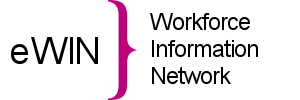Humber and North Yorkshire AHP Faculty Workforce Projects
AHP Faculties play a key role in helping shape the next generation of AHPs by coordinating activities to support their supply, education and training. The AHP Faculty model provides the infrastructure to facilitate system-wide working between health and care providers and HEIs. To help achieve the objectives HEE have invested in 24 AHP faculty ‘test beds’ across England, aligned to an STP/ICS footprint (or equivalent).

